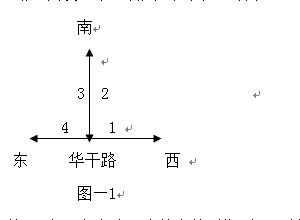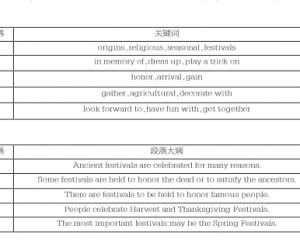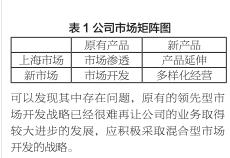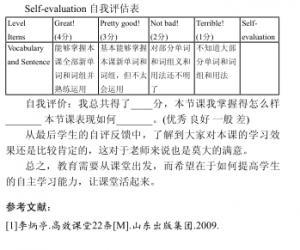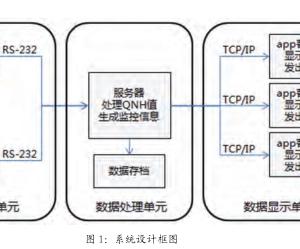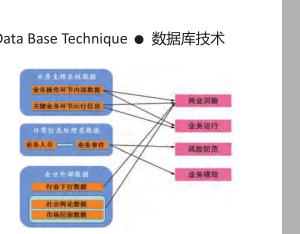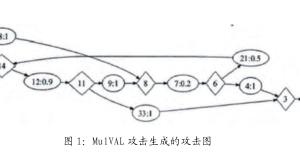Influences by Sino-American Cultures on Oral Communication
Influences by Sino-American Cultures on Oral Communication
谭煜颖
(重庆工商职业学院,重庆 400052)
摘 要:Oral communication is the universal phenomenon in the daily life, whose success plays an important role in the daily life and the work. When communicating with people from another country orally, we should pay great attention to cultural differences. This paper, on the basis of analyzing the cultural differences between
关键词:influence;cultural difference;oral communication
It is obvious that oral communication is very important in human life. Our social behavior is essentially communicative behavior. To communicate is to care for, share, and connect with each other. Human life is rich and varied because of our ability to communicate with other fellow human beings. And it is language that facilitates human being’s oral communication. Language and communication are considered the essence of human existence. Without oral communication, a human being may survive as a sheer organism, but he can not thrive as successful social person, at least he is deprived of the enjoyments of a social person. This becomes more real than ever before as civilization advances. “Studies estimate that humans spend up to 80 percent of their waking hours engaged in some form of communications”1.Oral communication, particularly, face to face communication, thrusts itself in front of others. Historically, oral communication was prior to written, though non-verbal communication was earlier than it. Practically, oral communication is universal to human beings. Furthermore, it does not require any special skills. However reading and writing need yeas of schooling, and many people can not get very good at them for life. But hundreds of thousands of illiterates can have successful communication orally.
Just imagine how often we use speech every day. From the moment we utter “Good morning” to our closest family members in the early morning to the moment we say “Good night” to them in the late evening, we have used words to do this and that. “Whether on the public platform, on the job, or in conversation, we use speech as the basic means of sharing our feelings and passing along our ideas”2. Oral communication shows its growing importance not only in daily life, but also at work. But all these do not mean to exclude the importance and the frequent use of written and non-verbal communication, of course: The fact is that we will be isolated, unable to share our thoughts, wishes, needs and so on with our families, friends or even foes without oral communication. It is not rare that a conflict arises out of the poor oral communication between two, three or more parties.
In daily life, the accuracy of language use should be emphasized, but the fluency of language use need also be emphasized. What is more, the oral test for both English major and non-English major has been widely acclaimed by society as well as the students themselves. As a result, oral communication is popularized in
Oral communication is very important in the Chinese and Foreign exchanges. Any outward exchanges activities all can not get away from oral communication. The link between culture and oral communication is crucial to the understanding of different culture communication because it is through the influence of culture that people learn to communicate. Larry Samovar and Richard Porter interpreted culture from the angle of oral communication. “Culture is defined as the deposit of knowledge, experience, beliefs, values, attitudes, meanings, hierarchies, religion, notions of time, roles, spatial relations, concepts of the universe, and material objects and possessions acquired by a group of people in the course of generations through individual and group striving”3. Culture manifests itself both patterns of language and thought and in form of activity and behavior. These patterns become models for common adaptive acts and styles of expressive behaviors, which enable people to live in society within a given geographical environment at a given state of technical development. Oral communication is a two-way process between the speaker and the listener and involves productive skill of speaking and the receptive skill of listening. All the aspects in the oral communication have something to do with culture. Culture and oral communication are so inextricably bound that most culture anthropologists believe the terms are virtually synonymous. The relationship between them is that oral communication is the instrument of culture and culture is the reflection of oral communication. In short, culture and oral communication work in tandem. They are inseparable: it is often difficult to decide which is the voice and which is the echo. Therefore we need to learn the cultures of
参考文献:
[1]Brogger , F.C. Culture, Language, Text: Culture Studies within the Study of English as a Foreign Language[M].Oslo: Scandinavian University Press,1990.
[2]Elaine.
[3]毕继万.跨文化语言交际[M].北京:外语教育研究出版社,1999.





